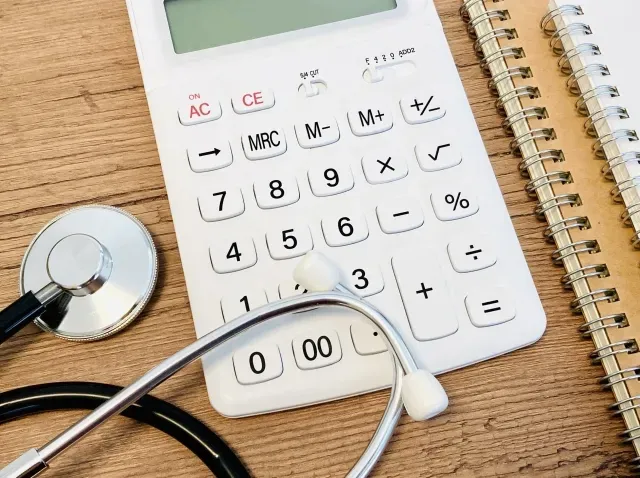The rising cost of medical care has become a major social problem in the U.S. According to a 2022 survey, about one-quarter of the nation’s population is experiencing financial difficulties due to the payment of medical expenses, and an increasing number of people are being forced into medical bankruptcy.
Under these circumstances, medical loans are attracting attention to help people pay their medical bills. However, there are various types of medical loans, with different interest rates and fees. Therefore, it is important to gather information well in advance in order to choose the right medical loan for you.
This article will explain in detail how to choose a medical loan and the points to be aware of, based on the social situation in the U.S.

Medical Expenses in the U.S.
In the U.S., there is no universal health insurance system, and medical expenses are basically self-paid. As a result, there are many cases in which paying for expensive medical expenses becomes a financial burden.
Factors behind soaring medical costs
The following factors are responsible for the rising cost of medical care in the U.S.
Development of medical technology
Advanced medical technology improves the effectiveness of treatment, but at the same time, leads to higher medical costs.
The healthcare system
Because the healthcare system is run by private companies, there is no competition to keep healthcare costs down, and costs tend to remain high.
Drug prices
In the U.S., drug prices are extremely high.
Current State of Health Care Cost Burden
According to a 2022 survey, about one-quarter of the U.S. population faces financial difficulties due to the payment of medical expenses. In addition, the number of cases of bankruptcy due to the payment of medical expenses is increasing.
Types of medical loans
There are various types of medical loans in the United States. Typical examples are as follows.
Interest-free loans
These loans are available without interest for a certain period of time.
Low-interest loans
These loans offer below-market interest rates.
Floating-rate loans
Loans with variable interest rates.
Fixed Rate Loan
A loan with a fixed interest rate.
Home Equity Loan
A loan that is financed through the mortgage on your home.
Credit Card
You can also use your credit card to pay for your medical expenses.
Points to consider when choosing a medical loan
When choosing a medical loan, the following points should be considered.
Interest rate
The interest rate will greatly affect the total repayment amount of the medical loan. Choose a loan with a low interest rate.
Fees
Fees are the costs associated with taking out a loan. Choose a loan with low fees.
Repayment term
The repayment term affects the monthly repayment amount. Choose a repayment term that is reasonable.
Early Repayment Fee
This fee is charged for early repayment. If you are considering early repayment, be sure to check the fees.
Collateral
Some loans require collateral. Check to see if you can provide collateral.
Credit Score
The higher your credit score, the lower your interest rate may be.
What to look out for when taking out a medical loan
When taking out a medical loan, you should be aware of the following points.
Borrowing amount
Do not borrow more than you need.
Repayment plan
Establish a repayment plan and make systematic repayments.
Late
Late payments may result in higher interest rates and damage to your credit report.
Scams
Beware of medical loan scams.
How to reduce your medical expenses
There are several ways to reduce your medical expenses
Purchase medical insurance
Medical insurance can help defray some of your medical expenses.
Use generic drugs
Generic drugs contain the same active ingredients as brand-name drugs but are less expensive.
Negotiate to pay your medical bills
Some health care providers may be willing to negotiate with you to pay your medical bills.
Take advantage of government assistance programs
There are programs to help low-income people pay for their medical expenses.
Summary
The rising cost of medical care in the U.S. is a major burden on the public.
Medical loans are one way to help pay for medical expenses, but care must be taken when using them, making sure to check the interest rate, fees, and repayment period carefully.
It is also important to know how to reduce the burden of medical expenses.





